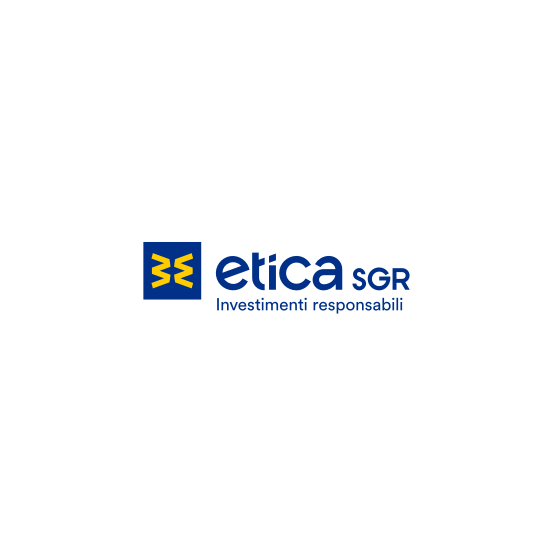For the fourth year, on 5 May 2015, Etica Sgr voted at the annual shareholders’ meeting of Kraft Foods Group, a US company engaged in the food sector, calling management’s attention to some aspects linked to corporate sustainability.
Etica Sgr expressed a favourable vote to all items on the agenda, except for two points regarding the remuneration policy of managers of the Company, in relation to which a contrary vote was expressed, and the ratification of the independent auditing company, from which Etica Sgr abstained. No criticalities were identified in the composition of the Board of Kraft Foods and therefore a favourable vote was expressed to the election of the ten proposed directors.
As regards the remuneration policy, Etica Sgr highlighted that, in reference to the long-term variable component, the objectives underlying the equity co-investment plan are unclear (in particular the stock options and the RSU). In addition, the right to review the vesting period of the restricted stock units and performance shares only for executive directors who cease the employment relationship with Kraft was considered negatively.
Given that the Company does not report in relation to all the performance indicators underlying the payment of the short and long-term variable component, it is impossible to understand the actual correspondence between fees paid and business performances.
Etica Sgr expressed the criticalities it had found and suggested that Kraft introduce objectives of a social and environmental nature among the parameters underlying the definition of the variable components of the remunerations of the Chairman and the Chief Executive Officer and the other Managers with Strategic Responsibilities. Etica Sgr also asked the Company to publish the figure relating to the ratio existing between the average remuneration of the employees of Kraft and that of the Chief Executive Officer.
During the shareholders’ meeting, four motions of the shareholders were put forward, regarding: the assessment of the financial and operational risks deriving from the use of eggs originating from caged hens (made by the Humane Society of the United States), the preparation of a report on the supply chain and the deforestation activities (presented by Domini Social Investments, member of ICCR and owner of the Domini Social Equity Fund), the request for a report that assesses the environmental impact of non-recyclable packaging sold by the Company (presented by As You Sow, a member of the ICCR network) and the publication of a complete and transparent sustainability report by October 2015 (presented by the Province of St. Joseph of the Order of Capuchins, member of ICCR).
Etica Sgr, considering all the motions to be in line with its Guidelines, expressed its support by voting in favour.
Engagement Foreign companies


